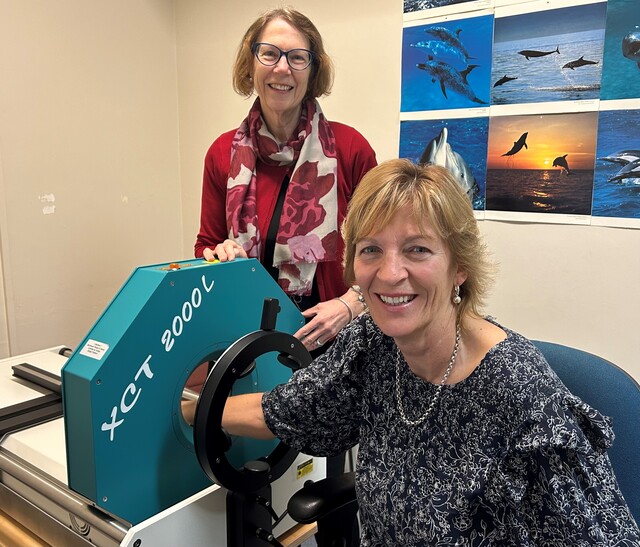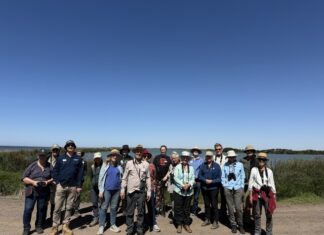A Geelong-based Deakin University study into the effects of ageing on physical and mental health has reached the 30-year mark.
Initially focused on osteoporosis and bone health, the Geelong Osteoporosis Study (GOS) has grown to include data on obesity, diabetes, cardiovascular disease, arthritis, sarcopenia, cognitive decline and the links between physical and mental health.
Now with three decades worth of collected data, the study has informed bodies including the Australian Institute for Health and Welfare, the Department of Health and Ageing, Medicare and the Pharmaceutical Benefits Scheme and the Victorian Cancer Registry.
Professor Julie Pasco from the Institute for Mental and Physical Health and Clinical Translation (IMPACT) in Deakin’s School of Medicine said the continuous nature of the study was only possible thanks to the thousands of Geelong-based participants willing to undergo the detailed and rigorous testing required to provide the necessary data necessary.
“With an ageing population in Australia it is really important we identify ways to promote practical ways to stay healthy and share that information with the community,” Prof Pasco said.
“We couldn’t have achieved this without the commitment and enthusiasm of our participants, many who joined the study in their 20s and are now in their 50s.”
Professor Pasco said data collected throughout the study helped researchers understand how our minds and bodies age and the lifestyle factors that promote healthy ageing.
“Chronic diseases are the leading cause of illness, disability and death in Australia and up to half of older Australians suffer physical or psychological characteristics of frailty which can lead to falls and other injuries,” Professor Pasco said.
‘We know that regular weight bearing exercise or resistance training is important for maintaining bone and muscle strength and that sedentary lifestyles, excessive weight and high alcohol use accelerate bone and muscle wasting.
“We are also developing a better understanding of the relationship between mental and physical health and its links to the ageing process, so it is not just a matter of eating a healthy diet and getting the right amount of exercise but also managing stress levels and mental health in a comprehensive way.
“Getting adequate sleep, not smoking, managing existing health conditions, avoiding unnecessary and overuse of medications and maintaining social connections are all important factors to optimise health and wellbeing into older age.”









